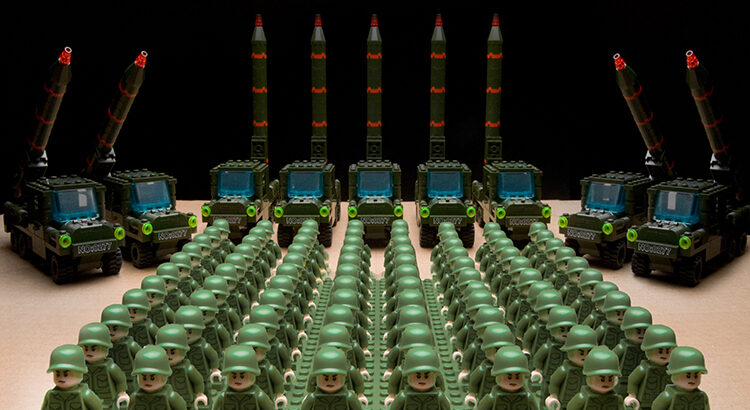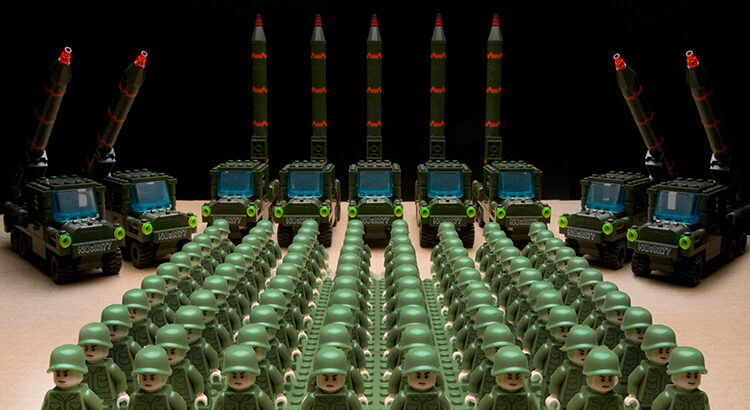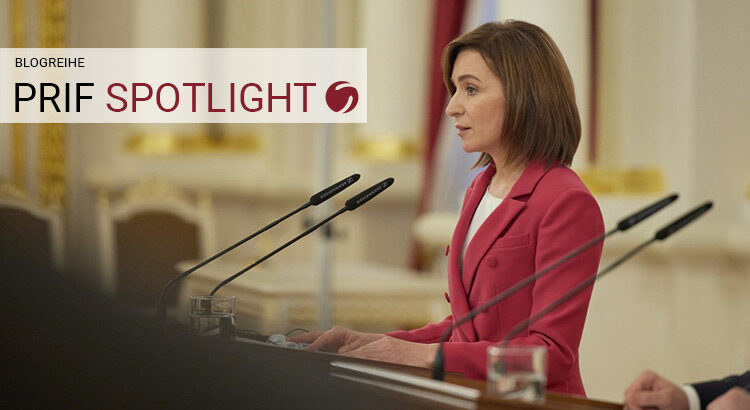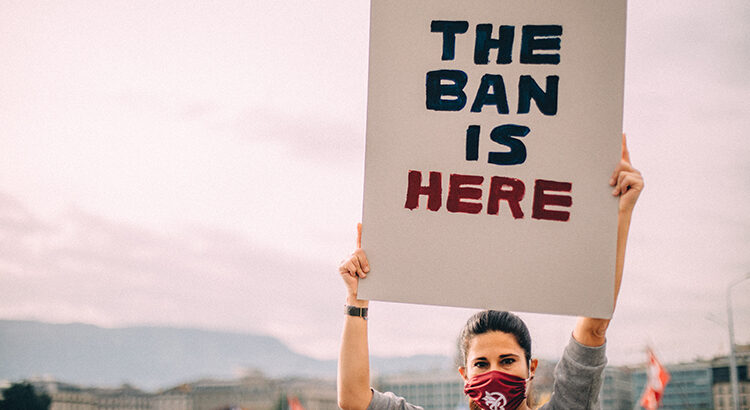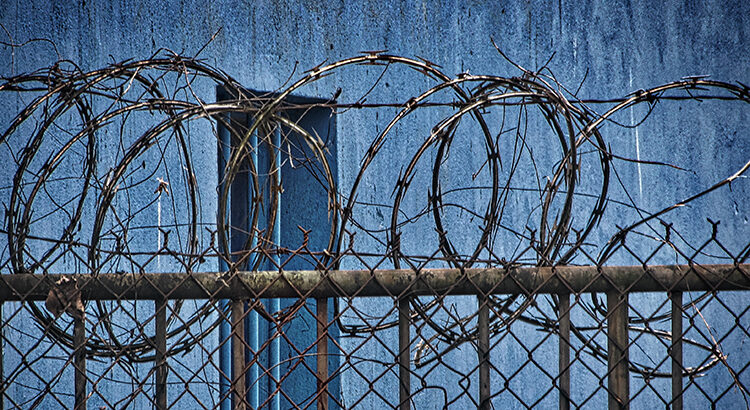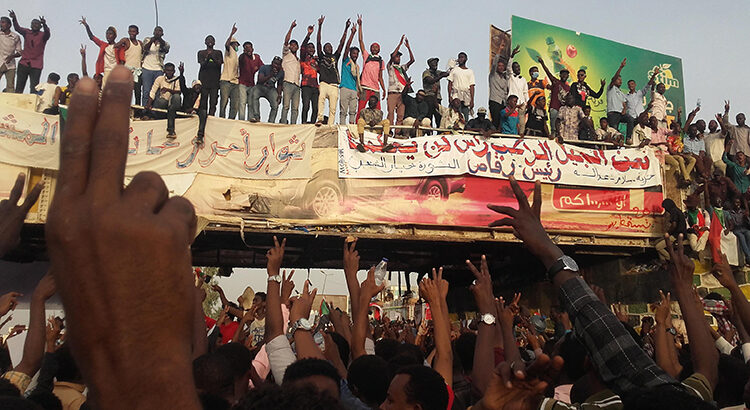Die Verlängerung von New START ist gesichert. Damit ist die seit zwei Jahrzehnten fortschreitende Auflösung zahlreicher Rüstungskontrollabkommen vorerst gestoppt. Es ist noch lange keine Renaissance der nuklearen Abrüstung. Hierzu müssen die Risiken nuklearer Eskalation minimiert und sub-strategische Nuklearwaffen in den Blick genommen werden. Es braucht außerdem die Einbindung Chinas und ein Upgrade der bilateralen Rüstungskontrolle auf die multilaterale Ebene. Wie kann das gelingen?
A renaissance of nuclear disarmament, or merely a new start? New START extended for five years
New START will be extended for five more years. This means that the unraveling of numerous arms control agreements, which has been progressing for two decades, has been halted for the time being. We are still far from a renaissance of nuclear disarmament. For this to happen, the risks of nuclear escalation must be minimized and sub-strategic nuclear weapons must be addressed. It also requires engaging China and upgrading bilateral arms control to the multilateral level. How can this succeed?
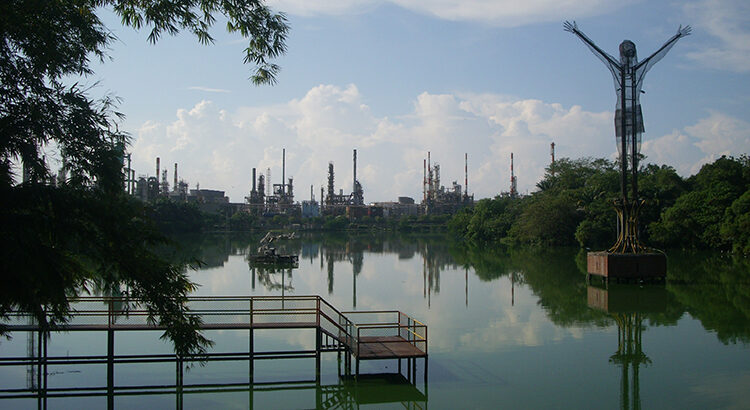
Protests against new fracking projects in Colombia
A new fracking initiative has been formalized by the Colombian government in cooperation with the state enterprise Ecopetrol. The first of four exploratory projects will take place in Puerto Wilches, a small community located next to the Magdalena River, one of the largest in Colombia. Fracking has been associated with water pollution, which could lead to severe consequences for local people’s livelihoods and the region as a whole. Social and environmental activists have received death threats and have grown increasingly vulnerable since 2016. Nevertheless, protests have emerged and will likely continue, despite COVID-19 restrictions.
Breaking the vicious circle: Can the new Moldovan president Sandu succeed in balancing relations with the EU and Russia?
For the first time in its history, the Republic of Moldova has voted for an openly pro-Western president. Despite facing domestic and international difficulties, the newly elected Moldovan head of state Maia Sandu could manage to solve dire economic problems at home, while securing the support of both Russia and the European Union. This could have longstanding consequences for both the country itself and for all the other states of the common EU-Russian neighborhood.
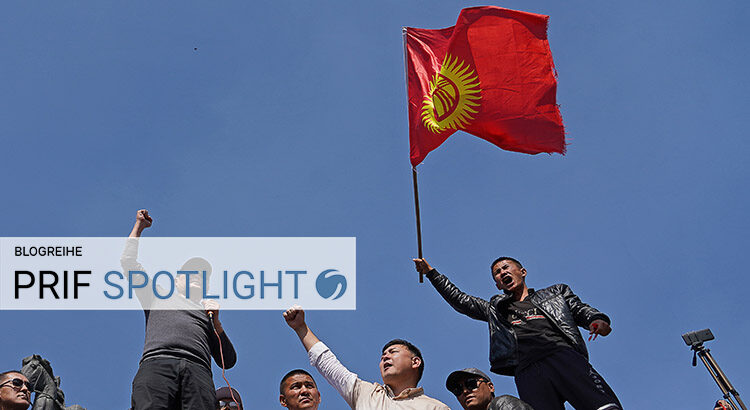
At a Crossroads. Kyrgyzstan after the recent elections
Following its parliamentary elections in October 2020, Kyrgyzstan found itself facing post-election protests and a political crisis which resulted in a new political landscape. On 10 January 2021, Kyrgyz citizens voted for a new president and a fast-tracked constitutional reform to return to a presidential system. Although the protests in October 2020 resulted in political turnover, their momentum is currently being used to concentrate power in the hands of the president. Autocratic tendencies, corruption scandals, and socioeconomic grievances, which were further aggravated by the Covid-19 pandemic, have marked recent developments in Kyrgyzstan.
The Treaty on the Prohibition of Nuclear Weapons – a Winter’s Tale
It is a truly historic event. Today, the Treaty on the Prohibition of Nuclear Weapons (TPNW) effectively enters into force. A treaty that was not only negotiated against the will of some of the world’s most powerful states, but also explicitly challenges deeply entrenched power structures. Whether and how the treaty can be effective depends on how its supporters and opponents approach the treaty and each other. The strategy of ignoring the treaty, as practiced by Germany and other NATO states, will certainly no longer be possible once the treaty takes effect.
Der Atomwaffenverbotsvertrag – ein Wintermärchen
Es ist ein wahrhaft historisches Ereignis. Heute tritt der Vertrag über das Verbot von Nuklearwaffen (Treaty on the Prohibition of Nuclear Weapons, kurz TPNW oder Verbotsvertrag) in Kraft. Ein Vertrag, der nicht nur gegen den Willen einiger der mächtigsten Staaten der Welt verhandelt wurde, sondern auch explizit jahrzehntelang gefestigte Machtstrukturen in Frage stellt. Ob und wie der Vertrag seine Wirkung entfalten kann, hängt nun davon ab, wie seine Unterstützer.innen und Gegner.innen mit dem Vertrag und miteinander umgehen. Fest steht: die Strategie, den Vertrag zu ignorieren, wie Deutschland und andere NATO-Staaten es praktizieren, wird mit dem Inkrafttreten des Vertrages nicht länger möglich sein.
Why not to deport suspected ‘terrorists’ to Syria: a security perspective
In their meeting in December 2020, German interior ministers decided not to prolong the general ban on deportation to Syria in place since 2012, which makes Germany among the first European countries to take this controversial move. Refugees with a criminal record and suspects of planning terrorist attacks, the so-called ‘Gefährder’ are facing possible deportation to Syria. Building up on a discussion of Syria’s ambiguous historical relationships with militant Islamists, this blog post argues that sending suspected terrorists back to Syria does not serve a long-term goal of countering violent extremism.
Nichts ist vorbei! Zehn Jahre Arabische Aufstände
Vor zehn Jahren brachten Massenproteste den tunesischen Diktator Ben Ali zu Fall. Weitere Aufstände folgten, aber auch Bürgerkriege, regionale Instabilität und Flucht. Ab 2016 jedoch begann eine zweite Welle an großen Demonstrationen, die 2019 von Algerien bis in den Irak Demokratie und soziale Gerechtigkeit forderten und Präsidenten und Regierungen stürzten. Statt also nur zu fragen, was von den arabischen Aufständen blieb, sollten wir genau hinschauen, welche Transformationen weiterhin laufen und diskutieren, wie Europa die Prozesse des Wandels unterstützen kann.
At the Age of the Pandemic: The Global Memory of the Holocaust and Armenian Genocide at a Crossroads
Over the last forty years, the Holocaust has become a distinct aspect of Western culture and a universal lesson for protection of minorities and human rights. By contrast, the Armenian genocide is still being denied by Turkey and a culture of commemoration which is lagging far behind. Beyond the reason for differences between memory practices, I argue that a stronger culture of commemoration of the Armenian genocide would have twofold benefits.
